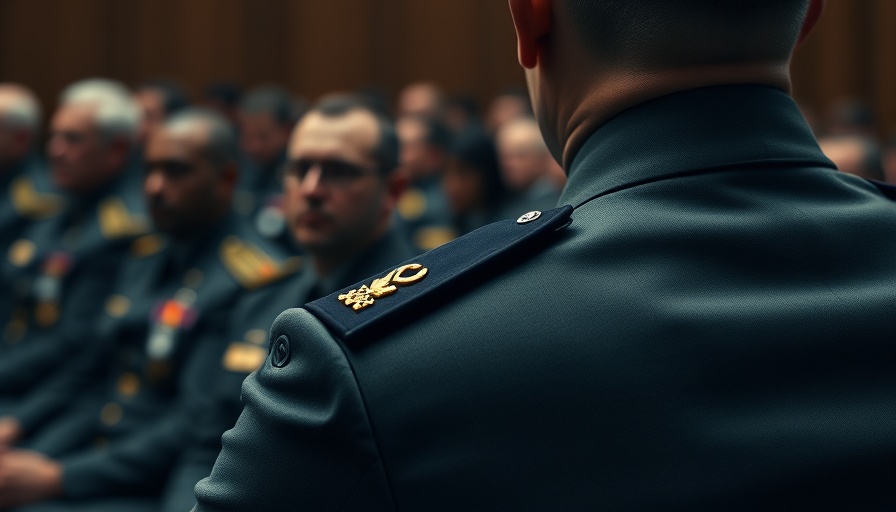
Press Freedom Under Attack: A Risky Shift at the Pentagon
The ongoing saga of media rights at the Pentagon has taken a critical turn as major news organizations, including The New York Times, The Associated Press, and conservative outlet Newsmax, have publicly announced their refusal to comply with new Defense Department press regulations. These rules, which some journalists and freedom advocates argue threaten the foundation of a free press, highlight a concerning trend in governmental control over the media.
Historical Context: How We Got Here
The new media restrictions can be traced back to a longstanding tension between governmental transparency and national security. In the wake of significant events such as the Watergate scandal and the publication of the Pentagon Papers, journalists have fought for the right to access information to hold the government accountable. The Pentagon’s latest rules, introduced in September, seem to represent a regression in this critical relationship between the press and the military, by framing everyday journalistic practices as potential threats to national security.
What Are the New Rules?
Under the current guidelines, journalists’ access to the Pentagon is heavily restricted, limiting movement and imposing potential revocation of press credentials for reporting inquiries deemed unauthorized. This unprecedented move has raised alarms among press freedom advocates, asserting that it aims to silence voices that inquire about unapproved information — a significant aspect of a journalist's role. As the Pentagon spokesperson claims these are "common sense media procedures," many believe they serve a more manipulative purpose.
Consequences for Press Freedom
The implications of these rules are serious. Not only do they contravene the ideals of the First Amendment, but they also threaten the public's right to know about military operations. Experts in journalistic ethics argue that restricting reporters' access undermines the accountability that is essential for a functioning democracy. Inaction could lead to a landscape where key information remains concealed, thus hampering the role of the press in safeguarding public interest.
Industry Responses: Outrage and Solidarity
News organizations have rallied in solidarity against the new measures. Statements from the Pentagon Press Association and individual outlets have denounced the excessive nature of these rules. As David Schulz from Yale’s Media Freedom & Information Access Clinic points out, signing these new regulations implies that basic newsgathering harms national security, a notion not grounded in reality.
The Broader Picture: Media Control in America
The Pentagon's new approach is part of a larger trend in government-public relations, where authorities are increasingly controlling the narrative by imposing restrictions on information flow. This shift mirrors tactics used during earlier administrations, where public relations strategies often took precedence over genuine openness. By reviewing media questions beforehand and restricting access, governmental bodies aim to limit scrutiny and shape public perception.
Future Predictions: What Lies Ahead?
Looking forward, the direction of press freedoms within military contexts could lead to more drastic implications. If these regulations stay in place, we may witness a chilling effect that discourages journalists from pursuing stories regarding military actions. Such developments can ultimately delay essential reporting — limiting public awareness of critical events and decisions that directly affect citizens' lives.
Actionable Insights: How Can We Respond?
As this situation unfolds, it becomes imperative for citizens and media consumers alike to advocate for press freedoms robustly. Supporting organizations that protect press rights, urging lawmakers to take a stand against such overreaches, and fostering public discourse on the significance of transparency can play crucial roles in reversing this worrying trend.
The power of the press is vital for democracy, and citizen engagement in these conversations is critical. We must ensure that journalists can continue to investigate, inform, and illuminate public matters without the looming threat of government censorship.
 Add Row
Add Row  Add
Add 




Write A Comment